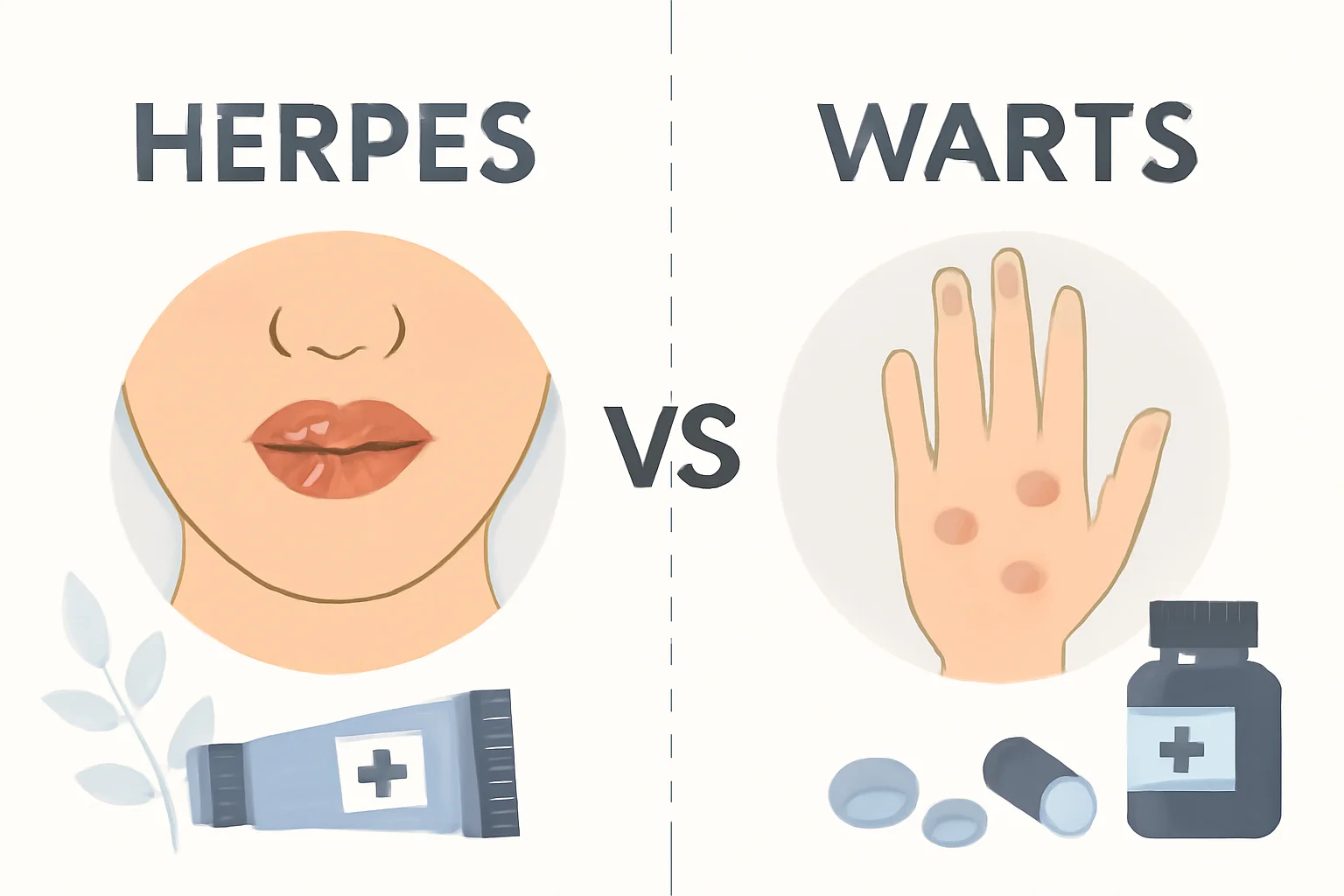
Fatty Liver Cleansing at Home: Effective Methods and Tips
The fatty liver, also known as steatosis, is a condition caused by the accumulation of fats in liver cells, which is becoming increasingly common as a result of modern lifestyles. The problem particularly affects overweight individuals leading a sedentary lifestyle, but it can also occur in people with a healthy weight if their diet is inadequate. Unhealthy foods, alcohol consumption, stress, and lack of exercise can all contribute to the development of fatty liver. This condition not only adversely affects liver function but can also lead to serious complications in the long term, such as hepatitis or cirrhosis.
Many people are seeking alternative solutions for treating fatty liver, and more and more are interested in home remedies. Natural remedies and dietary changes can help restore liver health. A proper diet, regular exercise, and stress management can all contribute to the detoxification of the liver. Below, we present some effective methods that can help support the regeneration of our liver at home.
Causes and Symptoms of Fatty Liver
There are several causes behind the development of fatty liver, with poor nutrition being the most common. Excessive sugar and fat consumption, processed foods, and high-calorie beverages can all contribute to the accumulation of fats in the liver. Obesity is a particularly significant risk factor, as the likelihood of fatty liver increases with a rising body mass index (BMI).
Another significant factor is alcohol consumption. Alcohol directly impacts liver function, and excessive intake can lead to fatty deposits. Additionally, diabetes, high cholesterol, and high blood pressure can also contribute to the occurrence of fatty liver.
The symptoms of fatty liver are often not noticeable at first, and in many cases, the disease is only revealed during a routine examination. However, patients may experience fatigue, weakness, abdominal pain, or bloating. Liver enlargement may also occur, which can be detected during a medical ultrasound or CT scan.
Early detection and treatment of fatty liver are crucial to prevent complications. Proper nutrition, regular exercise, and a healthy lifestyle can help reduce fatty tissue and improve liver function.
Natural Methods for Treating Fatty Liver
The main goal of treating fatty liver at home is to restore liver health and reduce fat accumulation. One of the most important factors is proper nutrition. It is advisable to reduce the intake of saturated and trans fats, which are often found in processed foods. Instead, choose healthy fats such as avocados, olive oil, and nuts.
Consuming fruits and vegetables is also key, as they are rich in antioxidants and nutrients that help detoxify the liver. Leafy green vegetables, such as spinach and kale, as well as citrus fruits, are particularly recommended as they support liver function.
Proper hydration is also essential. Water helps eliminate toxins from the body, so it is advisable to maintain an adequate daily water intake. Caffeine-free green tea can also have beneficial effects, as it contains antioxidants that may aid in liver regeneration.
Regular exercise is also fundamentally important. Physical activity not only helps reduce body weight but also improves liver circulation, contributing to the breakdown of fats. It is advisable to incorporate at least 150 minutes of moderate-intensity exercise weekly, such as walking, cycling, or swimming.
Additionally, stress management plays an important role in maintaining liver health. Stress can negatively affect hormonal balance, leading to fat accumulation in the liver. Relaxation techniques such as meditation, yoga, or breathing exercises can help reduce stress.
Supplements and Herbs for Treating Fatty Liver
In addition to natural remedies, several dietary supplements and herbs can aid in the treatment of fatty liver. Among them, milk thistle is prominent, as it helps regenerate liver cells and provides protection against harmful substances affecting liver cells. The active ingredients in milk thistle, silibinin and silymarin, have antioxidant properties and promote liver detoxification.
Turmeric is also popular for maintaining liver health. The curcumin it contains has anti-inflammatory properties and can assist in treating fatty liver. Turmeric can easily be incorporated into the daily diet, whether added to foods or drinks.
Garlic may also have beneficial effects on the liver. Due to its antioxidant properties, it can help eliminate toxins and reduce fatty tissue. Consuming garlic is useful not only for treating fatty liver but also for supporting cardiovascular health.
Omega-3 fatty acids, found in fatty fish like salmon or mackerel, can also help treat fatty liver. These fatty acids can reduce inflammation and fat accumulation in the liver.
However, it is important to note that before using herbs and dietary supplements, consulting a doctor is always advisable, especially if other medications are being taken.
Lifestyle Changes to Prevent Fatty Liver
The best way to prevent fatty liver is to adopt a healthy lifestyle. The first step is a balanced diet rich in vitamins, minerals, and fiber. Daily meals should include fresh fruits, vegetables, whole grains, and lean proteins.
Regular exercise is also essential for maintaining a healthy weight and preventing fatty liver. An active lifestyle positively impacts not only weight reduction but also liver health. Try to engage in at least 30 minutes of physical activity every day, whether it be walking, cycling, or any other sport.
Proper sleep also plays an important role in maintaining liver health. Chronic sleep deprivation can contribute to increased stress and hormonal imbalance, which adversely affects the liver. Ensure you get enough sleep and establish a regular sleep routine.
Attention should also be paid to stress management, as chronic stress negatively affects the liver. Relaxation techniques such as meditation, breathing exercises, or yoga can help reduce stress.
These small but significant lifestyle changes can contribute to the prevention of fatty liver and the preservation of our liver health in the long term.
**Warning:** This article does not constitute medical advice. Always consult your doctor for health issues.

